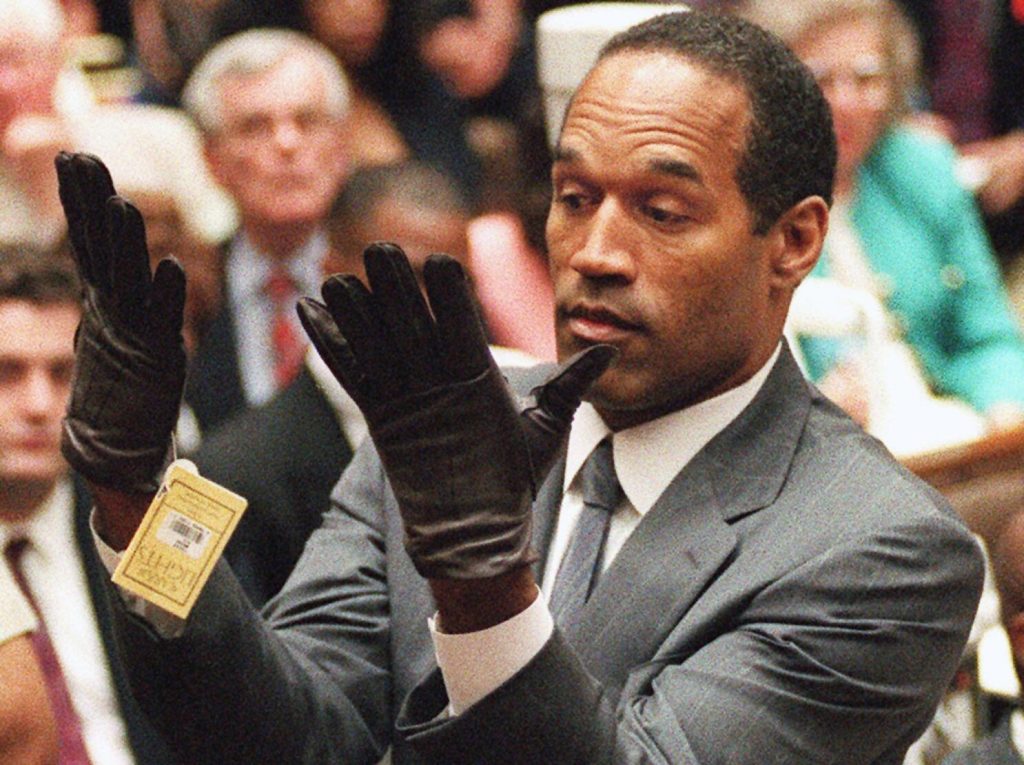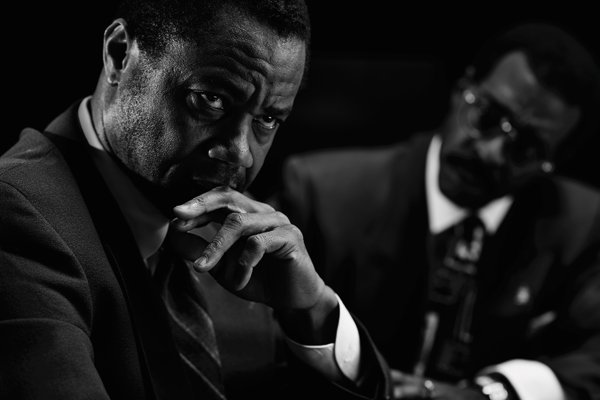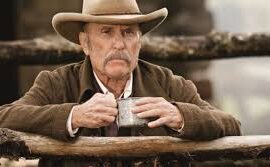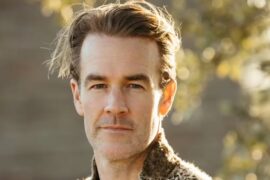
Just yesterday, I was watching one of my 16mm film prints of CBS sports reels used to promote seasonal programming back in the ’60s and ’70s. Some early ones featured OJ Simpson back when he was a star running back, first in college at USC and later as a member of the Buffalo Bills.
Simpson was a generational star but what stood out for me were the feeble helmets NFLers wore back in those days. You had to wonder how many concussions he suffered in his 11-season pro career.
He died yesterday, April 10, after succumbing to cancer at 76. His Heisman trophy-winning playing career was completely overshadowed, of course, by the trial, the verdict, the eventual jail sentence on other charges and the inevitable miniseries.
I was still at TV Guide back when “The White Bronco Chase” put CNN on the map and brought offices to a standstill in 1994. This was 30 years ago, before Survivor or any of the other reality shows. Simpson, in that Ford Bronco with driver and ex-teammate Al Cowlings, surrounded by helicopters, could not outrun the cameras. An era of reality shows followed and TV has never been the same. Through it all, Simpson kept right on running, tearing through North America’s racial comfort zones.
Up to that point, Simpson’s post NFL career had consisted mainly of his appearances as Norbert in those slapstick “Naked Gun” movies, as a sports commentator, or as one of North America’s best known brand ambassadors as a rent-a-car pitchman. He had a dream post-sports career right up to the point when Nichole Brown Simpson and Ronald Goldman were found butchered near Simpson’s Brentwood home.
A “Dream Team” of lawyers were assembled and the eight-month trial was too sensational and too well cast not to televise. The daily proceedings kept more people home during the day than COVID. Jay Leno and other late night talk show hosts had a field day with the Kato Katelin and Judge Ito jokes.
advertisement
Lead counsel Johnny Cochran became the biggest legal star of his generation. His, “If the glove don’t fit you must acquit” remark was the catch phrase that lit up a thousand talk shows. He was also parodied on Seinfeld as fast-talking lawyer Jackie Chiles (played by Phil Morris). One of his famous quotes: “That’s totally inappropriate. It’s lewd, lascivious, salacious, outrageous!”
I never met or interviewed Simpson but a colleague, former New York Times TV columnist Bill Carter, interviewed him for his 1988 book on Monday Night Football and had a stunning, out-of-the-blue telephone conversation with him after the verdict came down in Simpson’s criminal trial in 1995. Carter talks about that conversation here on this 2021 episode of brioux.tv: the podcast.

I did interview several cast members of Ryan Murphy’s American Crime Story: The People vs OJ Simpson. When that miniseries aired on FX in 2016. Some wondered at the time if it was too soon or if the story wasn’t already too familiar. Instead, it just brought back all those characters you could not make up, with John Travolta playing lawyer Robert Shapiro and Sarah Paulson as prosecuter Marcia Clarke.
Simpson compiled more TV credits than is generally remembered. He was in Roots, The Cassandra Crossing and “The Towering Inferno” in the ’70s. Earlier, he had guested on Here’s Lucy, Owen Marshal: Couselor at Law, Medical Centre and even, in 1968, as an uncredited on-looker on Ironside.
Simpson eventually spent nine years in prison on kidnapping and other charges after he and some pals with guns tried to steal back some of his football trophies. These were confiscated and eventually sold off when the ex-NFLer was convicted in Civil court, where he was held responsible for the deaths of Nichole Brown and Goldman to the tune of $33 million — most of which was never paid.
Simpson’s final legacy must been seen in context to the racial divide his trial exposed, one that seems just as raw and unsettled today. The 1991 beating of Rodney King –where four cops initially walked away from violent arrest charges — led to riots in Los Angeles. Simpson’s trial and his acquittal — and the sharply divided reactions to that verdict — have to be seen in that light.






